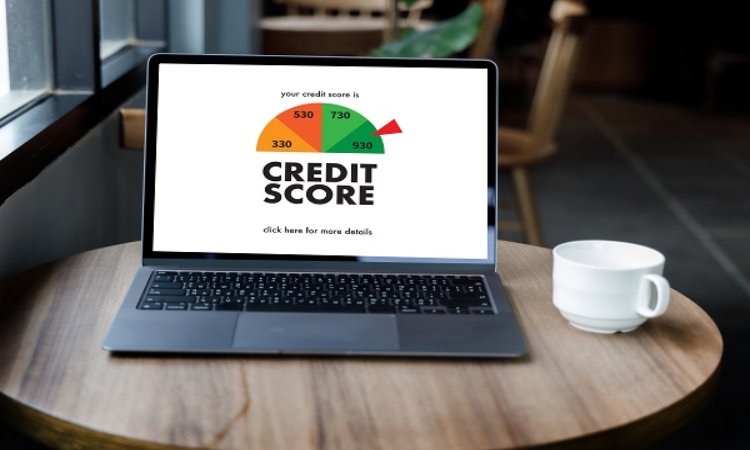Checking your credit score is an essential step towards understanding your viability as a borrower. As a responsible borrower, it’s natural to wonder if checking your credit score can have any negative effects. In this post, explore the effects and benefits of checking your credit score, along with the role of apps like OneScore in helping you monitor and improve your creditworthiness.
Benefits of Checking CIBIL Score
Here’s why it’s always a good idea to keep track of your CIBIL score.
● Assessing Your Creditworthiness: Checking your CIBIL score allows you to assess your creditworthiness and understand how lenders perceive you as a borrower. It provides valuable information about your credit history, repayment behaviour, and any negative marks that may affect your credit score. By reviewing your credit report, you can identify areas for improvement and take necessary steps to enhance your creditworthiness.
● Identifying Errors and Discrepancies: Tracking your CIBIL score also enables you to identify any errors or discrepancies in your credit report. Check if there are any inaccuracies in personal details, such as personal information, outdated accounts, or unauthorised inquiries. By detecting these inaccuracies, you can take immediate action to rectify them, ensuring that your credit report reflects accurate and updated information.
● Monitoring Credit Health: Keeping track of your credit score allows you to monitor your credit health over time. By observing fluctuations in your credit score, you can identify trends and patterns that may impact your financial well-being. Timely monitoring helps you stay informed about any significant changes and take necessary measures to maintain or improve your credit score.
● Preparing for Credit Applications: Knowing your CIBIL score before applying for credit gives you an idea of how your application stacks up in the eyes of lenders. It allows you to assess your chances of approval and negotiate better terms and interest rates. Armed with this information, you can approach credit applications with confidence and make informed decisions about borrowing.
How to Track and Improve Your CIBIL Score
If you feel keeping track of your CIBIL score is something of an irksome hassle, worry not. Apps like OneScore are designed to assist you in monitoring and improving credit scores. The app also helps build and improve your credit score.
OneScore provides a user-friendly platform that allows you to check your credit score, access your credit report, and receive personalised insights into your credit health. By using the app, you can track changes in your credit score, receive alerts about potential issues, and access tips and recommendations to enhance your creditworthiness.
OneScore also provides valuable resources to help you understand the factors that influence your credit score. It offers personalised suggestions on how to improve your credit health, such as maintaining a low credit utilisation ratio, making timely repayments, and diversifying your credit portfolio.
By leveraging the features of such apps, you can proactively manage your credit and work towards achieving a better credit score. Remember, a higher credit score not only improves your chances of loan approvals but also enables you to access credit at lower interest rates.
A Step towards Financial Empowerment
Checking your credit score empowers you with knowledge about your creditworthiness and allows you to take control of your finances more comprehensively and effectively. Here are a few key takeaways for you to check your credit score:
● Regular Monitoring: Make it a habit to check your credit score regularly, ideally at least once a year or before any major credit application. Regular monitoring helps you stay updated on your credit health and allows you to take corrective actions, if necessary.
● Avoid Excessive Inquiries: While checking your own credit score has no impact, be mindful of excessive credit inquiries from lenders. Multiple hard inquiries within a short period can negatively affect your credit score. Only apply for credit when necessary and do your research beforehand to minimise unnecessary inquiries.
● Utilise Credit Monitoring Tools: Take advantage of credit monitoring tools like OneScore that provide real-time updates and insights into your credit health. These tools can help you identify any suspicious activity or potential fraud and enable you to address them promptly.
● Focus on Credit Improvement: If your credit score is not where you want it to be, don’t be disheartened. Instead, focus on adopting healthy financial habits that contribute to credit improvement. Make timely payments, keep credit utilisation low, and maintain a healthy mix of credit accounts.
Remember, your credit score is a reflection of how responsible you are with your finances. It can have a significant impact on your borrowing capacity. By being proactive and staying informed, you can unlock opportunities for better loan options, favourable interest rates, and overall financial success.
So don’t hesitate to check your credit score and segue towards financial empowerment by accessing your free credit score and credit reports.

